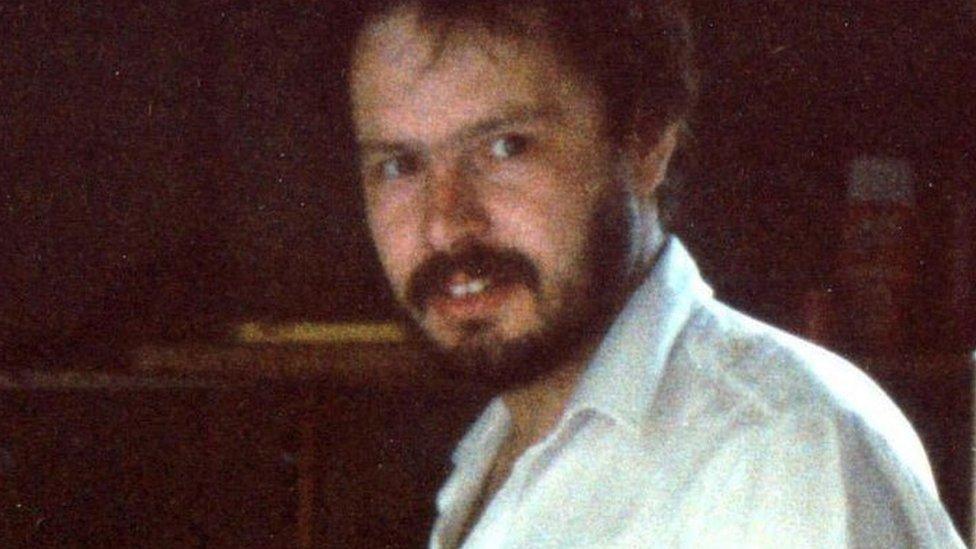Daniel Morgan case: Met accused of 'betrayal' over unsolved 1987 murder
- Published
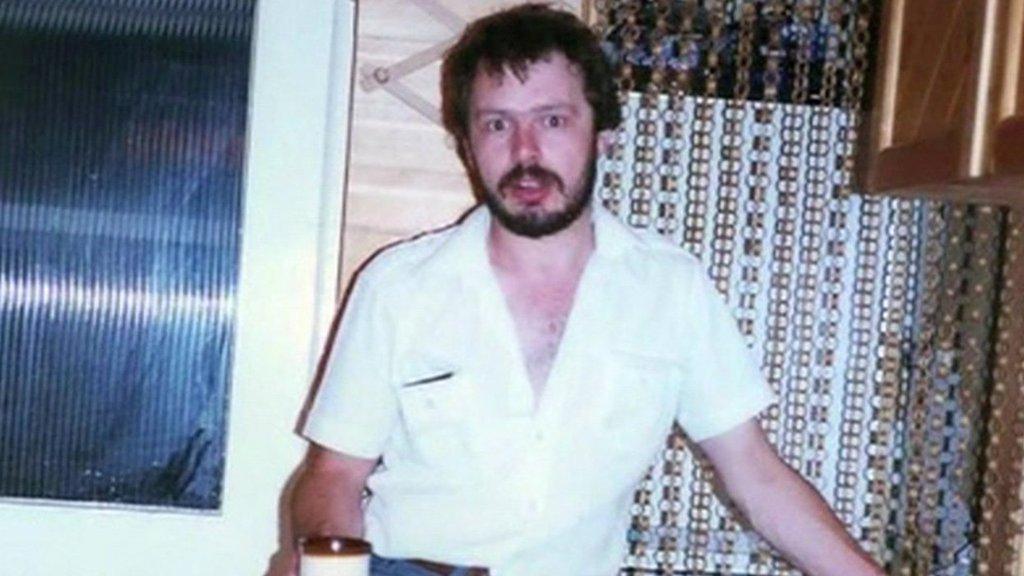
The death of Daniel Morgan in 1987 is Britain's most-investigated unsolved murder
The Met Police has been accused of a "betrayal of the public" in its statements over the unsolved murder of private investigator Daniel Morgan.
The force was accused of institutional corruption by an independent panel over the death of the father-of-two, who was murdered with an axe in a pub car park.
Five separate investigations have failed to find Mr Morgan's killer.
The panel's chairwoman Baroness O'Loan branded public statements made by officers as "most disappointing".
Mr Morgan's body was found in the Golden Lion car park in Sydenham, south-east London, in March 1987.
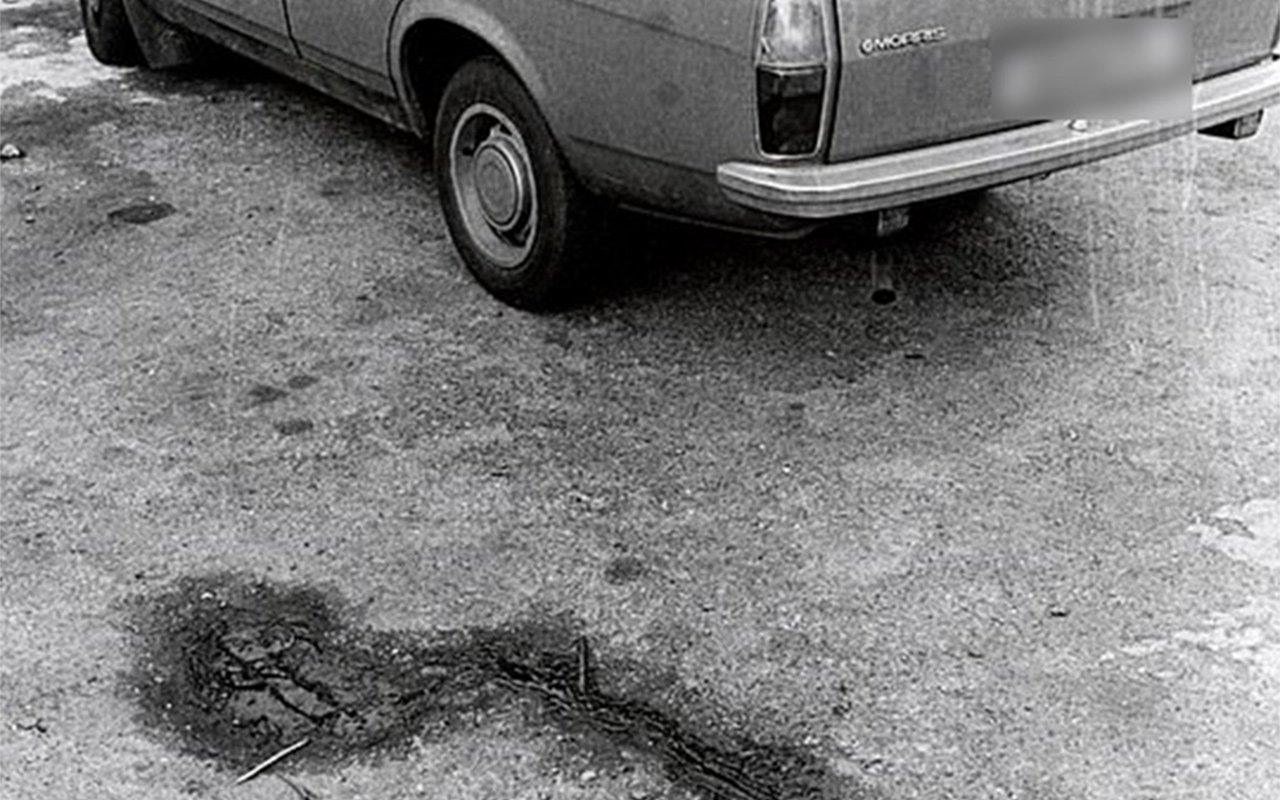
Daniel Morgan's body was found in a pub car park in Sydenham
Baroness O'Loan told a London Assembly Police and Crime Committee: "We have found the Met to be institutionally corrupt and the responses by senior officers to the report have been most disappointing."
The report said: "Concealing or denying failings, for the sake of the organisation's public image, is dishonesty on the part of the organisation for reputational benefit and constitutes a form of institutional corruption."
Met Commissioner Dame Cressida Dick, Assistant Commissioner Nick Ephgrave and Deputy Commissioner Sir Stephen House were all defiant and refused to accept the finding of institutional corruption.

Analysis
By Katharine Carpenter, BBC London Home Affairs Correspondent
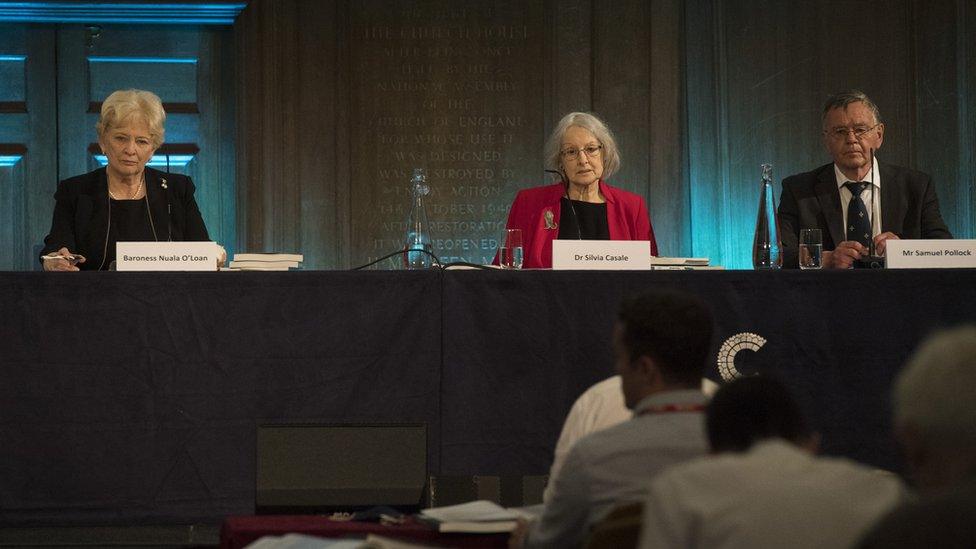
The independent panel found the Met was institutionally corrupt
When Baroness O'Loan was asked which of the panel's recommendations the Metropolitan Police should focus on first, she responded that improving the vetting of officers should be the top priority.
She told the Police and Crime Committee that the panel had seen evidence of vetting failures first hand, when it discovered that one of the officers assigned to support it, hadn't himself been properly vetted. But perhaps more concerning for Londoners was her claim that improvements had been too slow.
The Commissioner was robust in her rebuttal but this matters because it goes to the heart of who is policing London.
The public's trust was shaken when serving Metropolitan Police officer Wayne Couzens was convicted of the murder, rape and kidnap of Sarah Everard.
Restoring that trust means restoring faith in the checks and balances of those on whom we rely to keep us safe.

'Diminish trust'
Baroness O'Loan said: "The public statements which we have heard from the Commissioner, Deputy Commissioner [and] Assistant Commissioner in the days following the publication illustrate exactly the problem we have been describing."
The peer added that "incompetence and corrupt acts" had hampered all the investigations into Mr Morgan's death.
"The Met, as an organisation, has not responded honestly to the public and to the family about the serious failures including incompetence and corrupt acts in the murder investigations over the past 34 years," she said.
"The Metropolitan Police has placed concern for its reputation above the public interest.
"There has been dishonesty for the benefit of the reputation of the organisation and that is institutional corruption, and the statements made on behalf of the Met have continued to lack candour, even after the publication of our report when they referred specifically only to the failings in the first investigation."
She added: "This is a betrayal of the family, and it's also a betrayal of the public and of good, honest officers. And it will diminish trust."
- Published15 June 2021

- Published19 June 2021

- Published15 June 2021
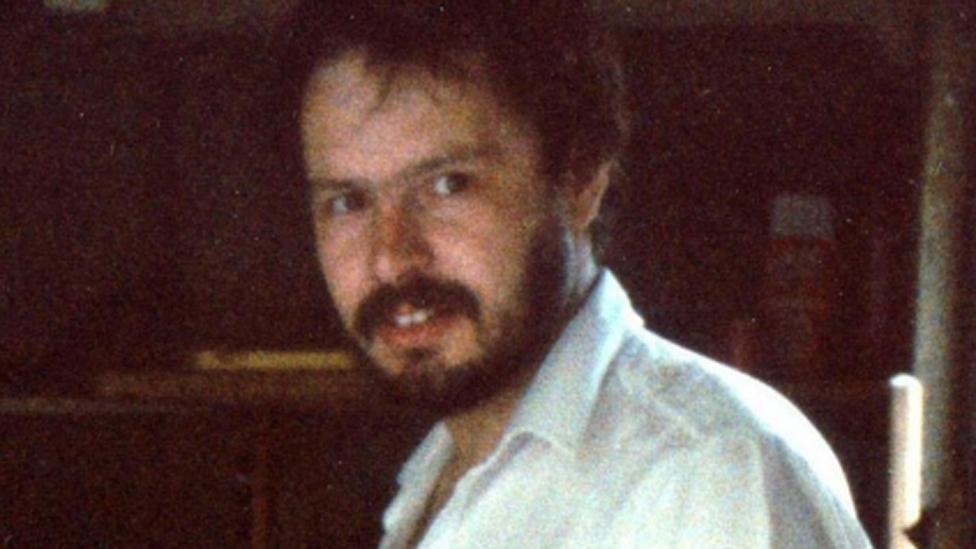
- Published19 June 2021
- Published19 May 2021
